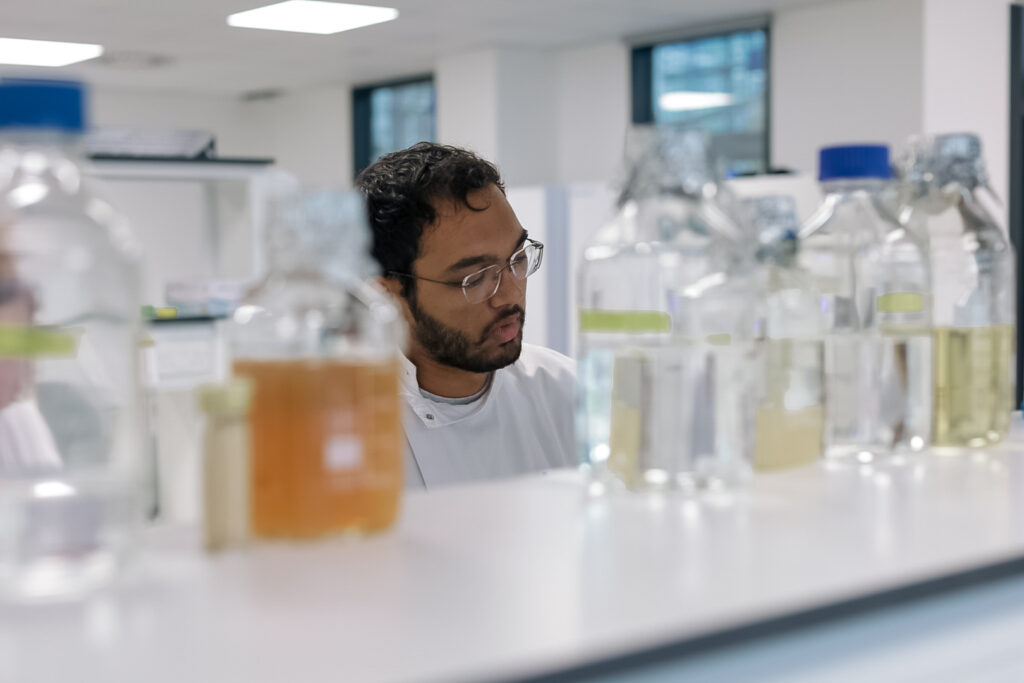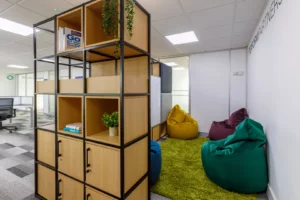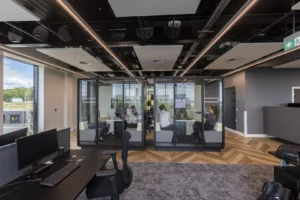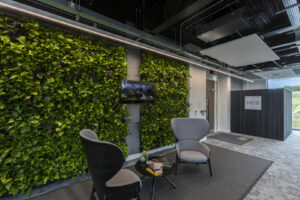Exciting times lie ahead as the UK government launches England’s second Investment Zone in Liverpool, with a strong focus on life sciences.
The £320 million investment is poised to drive economic growth across the UK, with Liverpool City Region emerging as a cornerstone for pioneering life science research and innovation clusters.
What is the second investment zone?
The government has launched England’s second Investment Zone which could deliver 4,000 jobs across Liverpool, Runcorn, St. Helens, Maghull and Prescot over the next 5 years. An initial £10 million investment will be made by a US pharmaceutical manufacturer, to enhance its capabilities in manufacturing a drug used to treat cancers, arthritis and skin conditions. This investment in Liverpool’s existing Speke Pharma cluster – home to one of the UK’s leading regions for bioprocessing – is the first step in unlocking a total pipeline of up to £320 million of further private funding from a range of investors in the life sciences sector.
The surging demand for life science fit-outs
The surge in the life science sector due to the Investment Zone will undoubtedly lead to an increased demand for state-of-the-art life science fit-outs. As the sector prepares to welcome over 4,000 new jobs in the next five years, aligning workspaces with this burgeoning demand becomes imperative.
EDB excels in creating modern lab and life science fit-outs tailored to our clients’ needs. This year, we partnered with Recircle, a recycling and biotechnology firm, to consolidate their operations into one cutting-edge facility on Daresbury Sci – Tech Park. By closely collaborating with their team, we transformed a CAT A office space into a fully functional CAT B life science facility, quadrupling their operational capacity.

What do modern life science fit-outs look like?
Life science businesses understand that the nature of research can change rapidly. Each discovery may lead them down a new path, requiring adaptable workspaces. Flexibility in design is key, allowing spaces to be reconfigured to accommodate evolving methodologies and equipment.
In the modern era, life science fit-outs are not limited to traditional laboratories. They now incorporate modern administrative and social spaces. These environments foster collaboration and critical thinking, with open-plan areas where teams can gather to brainstorm and problem-solve.
Eco-friendly approach
With the increase in life science spaces in the North, many are opting for an eco-friendly and sustainable approach. This includes sourcing labour and materials locally, utilising recycled materials, and incorporating greenery in social spaces.
Our client Microgeneration Certification Scheme (MCS), embarked on a journey to relocate their office to a new, sustainable space. Environmental responsibility was a central concern, and our design incorporated carbon-neutral flooring features, sustainable timber slats, and a potable media unit crafted from 48% recycled materials and 99.35% sustainable components. Due to the demand from its growth, MCS moved from a small space on Daresbury science park into larger premises.
Looking to the future
The substantial private investment is a testament to the bright future that lies ahead for this sector. As the demand for state-of-the-art life science fit-outs continues to surge, EDB stands at the forefront, ready to meet the evolving needs of this dynamic field.





